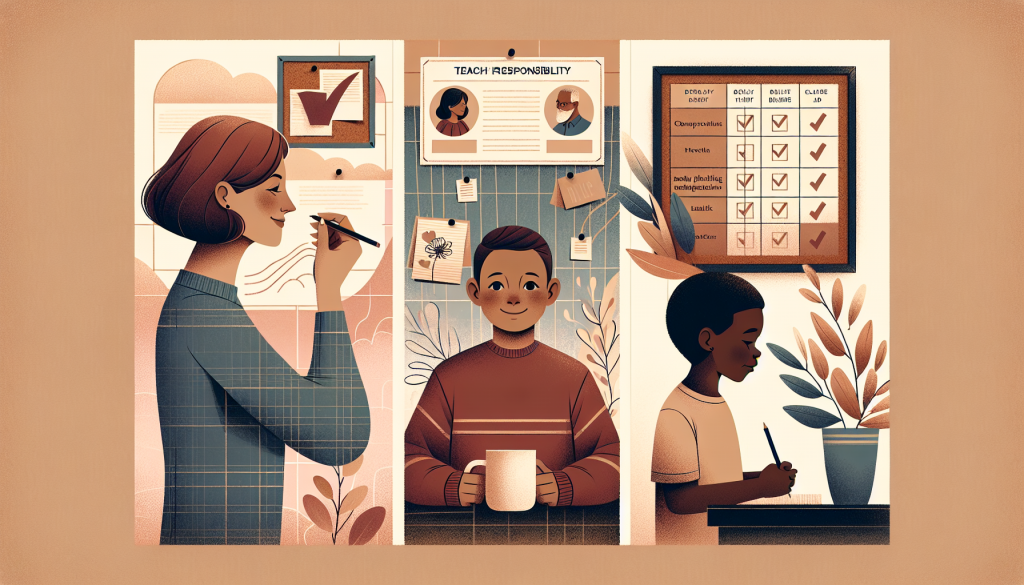Encouraging Children to Practice Gratitude: A Path to Emotional Development
In today’s fast-paced world, fostering gratitude in children might seem like an afterthought. However, practicing gratitude can significantly enhance a child’s emotional development, providing them with essential life skills. For parents and future parents, understanding how to encourage this virtue is crucial. Let’s delve into the importance of gratitude and explore effective parenting strategies to nurture it.
Main Points
Gratitude is more than just saying “thank you”; it’s a deeper appreciation for what one has, which can lead to a more fulfilling and happy life. Research shows that practicing gratitude can improve psychological health, enhance empathy, reduce aggression, and even improve sleep. But how does it tie into emotional development?
From a psychological standpoint, gratitude aligns with several core needs identified in cognitive-behavioral therapy (CBT), such as the need for safety, autonomy, and self-expression. When children feel grateful, they often feel more secure in their relationships, more capable of making autonomous decisions, and more confident in expressing themselves.
For instance, when a child acknowledges the help they receive from a friend, they not only feel more connected (safety) but also recognize their capacity to contribute positively to that relationship (autonomy). This recognition can lead to increased self-esteem and a stronger sense of identity (self-expression).
Practical Recommendations
- Model Gratitude: Children learn by example. Regularly express gratitude in front of your children. Whether it’s thanking a server at a restaurant or appreciating a sunny day, make it a habit to verbalize your thankfulness.
- Create Gratitude Rituals: Incorporate gratitude into daily routines. For example, during dinner, have each family member share something they are thankful for. This not only encourages reflection but also promotes family bonding.
- Encourage Journaling: For older children, keeping a gratitude journal can be a powerful tool. Encourage them to write down three things they’re grateful for each day. This practice can help shift focus from negative to positive experiences.
- Use Storytelling: Share stories that highlight the importance of gratitude. Discuss the characters’ experiences and what they learned about appreciation and thankfulness.
- Set Gratitude Challenges: Create fun challenges for your kids, like finding five things they appreciate about their siblings or their school day. This turns gratitude into an engaging activity.
Conclusion
Encouraging children to practice gratitude is more than just teaching them good manners; it’s about equipping them with a mindset that enhances their emotional development and overall well-being. By modeling gratitude, creating rituals, and using storytelling and journaling, parents can foster an environment where gratitude flourishes. The result is children who are more empathetic, resilient, and emotionally mature.
For more insights on parenting strategies and emotional development, visit the Child Mind website at Child Mind.

